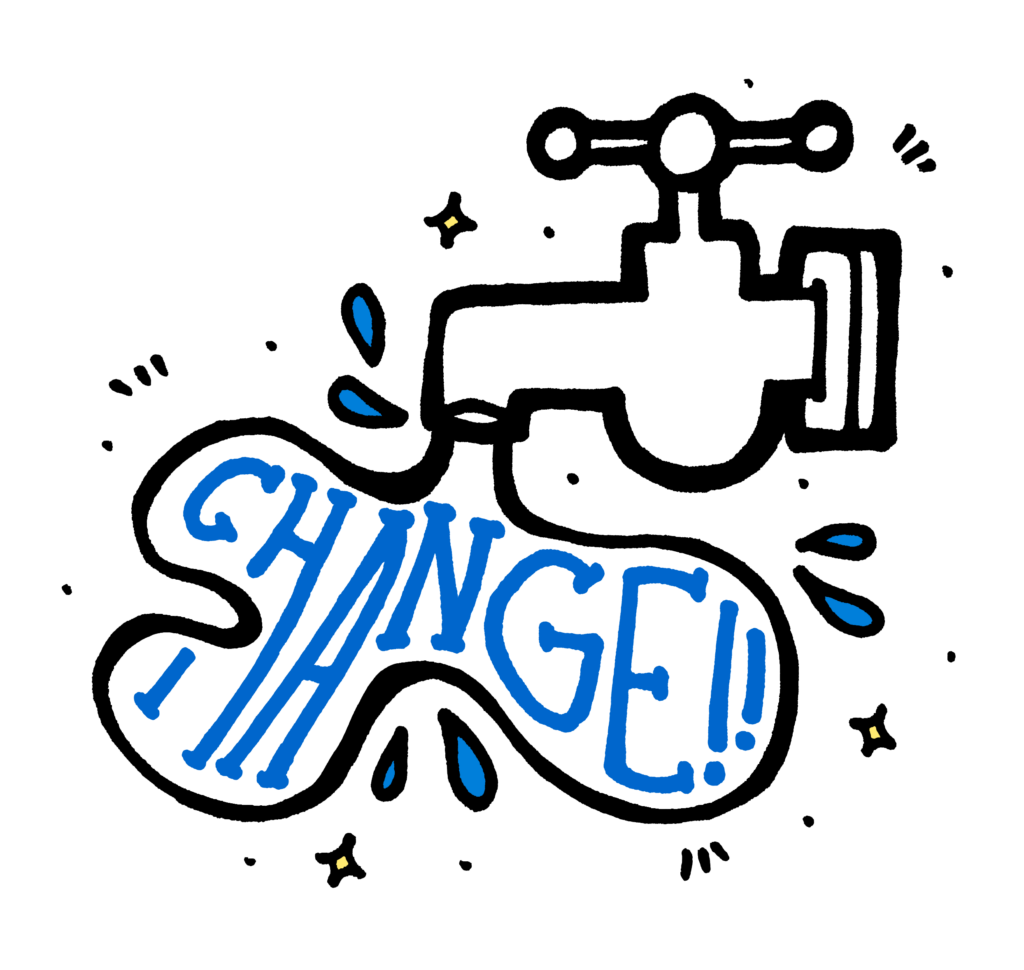WaterAid is an international NGO working across 27 countries. They change millions of lives every year by improving access to safe and sustainable water, sanitation and hygiene (WASH). WASH underpins progress on a whole range of Global Goals, including those on health, education and gender equality.

We spoke to Natasha Mwenda, WaterAid Malawi’s Water, Sanitation, and Hygiene Advisor, to discuss the role of sustainable and safe water, sanitation and hygiene as the foundations of good health and quality healthcare.
“There’s a lot more to WASH beyond taps and toilets. WASH services cut across all of the SDGs, with impacts on climate change, the depletion of water reserves and even public health emergencies.”
Spotlight on…Malawi
In Malawi, around 1 in 3 people lack access to clean water, while more than half of the entire population don’t have access to a toilet. The absence of accessible WASH within rural communities of Malawi fuels a vicious cycle of poverty. According to Natasha, women and girls are disproportionately impacted by the lack of WASH services in Malawi, with cultural norms dictating that women shoulder the responsibility of water collection. Without clean water close to home, women often have to travel long distances for water, thereby curtailing their ability to attend classes or engage in productive work.
The insufficient provision of WASH in healthcare settings contributes to healthcare-associated infections, while also hindering the delivery of services, including maternity services. Natasha explained that these challenges collectively undermine efforts to improve maternal and newborn health across the country.
“You can’t provide quality healthcare without water, sanitation and hygiene services.”
WaterAid Malawi’s ‘Deliver Life’ project is enhancing health outcomes for women, adolescent girls, and young children in low-income rural areas of Malawi by increasing access to sustainable WASH in health centres, early childhood development centres and surrounding communities in the Zomba and Machinga Districts of Malawi.
Delivering Life at Kawinga Health Centre
Natasha shared how the Deliver Life project, with funding from the Scottish Government’s International Development Fund, has been implemented at Kawinga Health Centre in Machinga.
Before the project, the facility lacked running water and was therefore unable to provide quality maternity services. According to Francis Nthonga, the medic in charge of Kawinga Health Centre, the maternity ward depended on the use of water buckets. As a result, mothers in the area would have to travel 35km to the next hospital, Chikwewo – which the project had already reached with improved WASH facilities , in order to access care. Healthcare workers would also frequently transfer to areas with access to basic WASH services.
“The health centre serves over 30,000 people; you can imagine how hectic it was for them to travel to the next facility which is more than 35 kilometres away.”
WaterAid Malawi soon changed this, establishing a water supply which enabled the centre to start providing maternity services. Women now no longer have to worry about travelling long distances to collect water or access medical care. Natasha told us that the project has increased the retention of healthcare workers, with the water supply now connected to staff housing. The introduction of WASH facilities at Kawinga Health Centre has also strengthened infection prevention and control measures, a provision which was particularly valuable during the pandemic and recent cholera outbreak. These cumulative benefits have broadened the project’s impact, further improving health outcomes for mothers and children.
“We received support from WaterAid for the construction of toilets and a water supply which has been very crucial in the containment of this [cholera outbreak] because patients were able to wash, where previously they used to go to the river. There would have been chaos if that was the same case today.”
Solar-powered solutions
Natasha explained that the impacts of the climate crisis have also challenged the long-term sustainability of the project. With more variable weather patterns, the country has experienced abnormal droughts. Not only has this threatened the supply of water, but the variability has also led to irregular outbreaks of cholera. This can be easily transmitted among communities without WASH essentials, further burdening already stretched local healthcare facilities. In response, WaterAid Malawi have fortified the reliability of their WASH infrastructure by expanding the use of solar powered reticulated water supply systems and water pumps. This not only enhances the project’s capacity to weather challenges but also reduces its carbon footprint, contributing positively to the fight against the climate crisis.
A growing demand for unified actions
As Malawi’s population continues to rise, the demand for WASH services is also growing rapidly. Natasha highlighted the critical role of collaboration in addressing this issue, advocating for the consolidation of resources to effectively address the county’s heightened demand for WASH services.
“As a country, we are growing at a very fast speed. The demand for services is therefore increasing by the day.”
Original analysis conducted by WaterAid has highlighted that major donor funding to support the provision of water, sanitation, and hygiene (WASH) to the poorest and most vulnerable communities has fallen by a third since the SDGs were agreed.
In fact, aid to the water supply and sanitation sector fell more than aid to any other areas of development during the first years of the Covid19 pandemic, despite the importance of handwashing as a preventative measure.
Canada, France, Germany and the UK are amongst the top donors to cut their WASH-specific funding, despite calling it essential to achieving universal health coverage in this year’s G7 Leaders’ Statement. In contrast, WaterAid highlights that if just the first two aims of SDG6 are to be achieved by 2030, this funding actually needs to be increased by a factor of four. WaterAid is calling on donor countries to close the gap between what’s promised and what’s delivered, and to honour the commitments made under international treaties on the SDGs.
